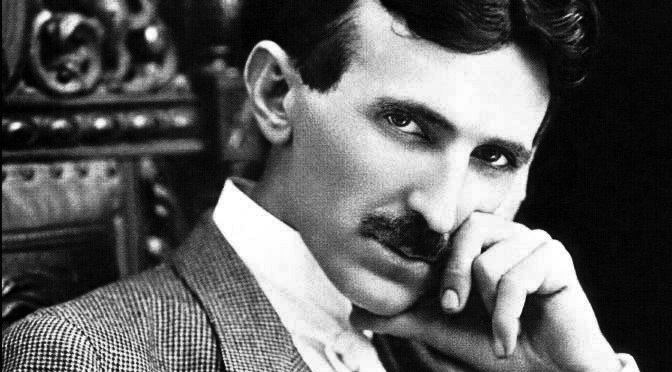
Call it ecodriving, hypermiling or plain old frugality, people today are trying every trick they can think of to wring a few extra miles from a drop of gas. Unfortunately, most fuel-saving tips range from the dubious to the downright dimwitted. Even the ones that work — such as making only right turns — veer into the ridiculous. In this Top 5 list, I’ve separated the classics from the clunkers and saved you the trouble of doing your own Mythbusters episode. Read on to discover….

